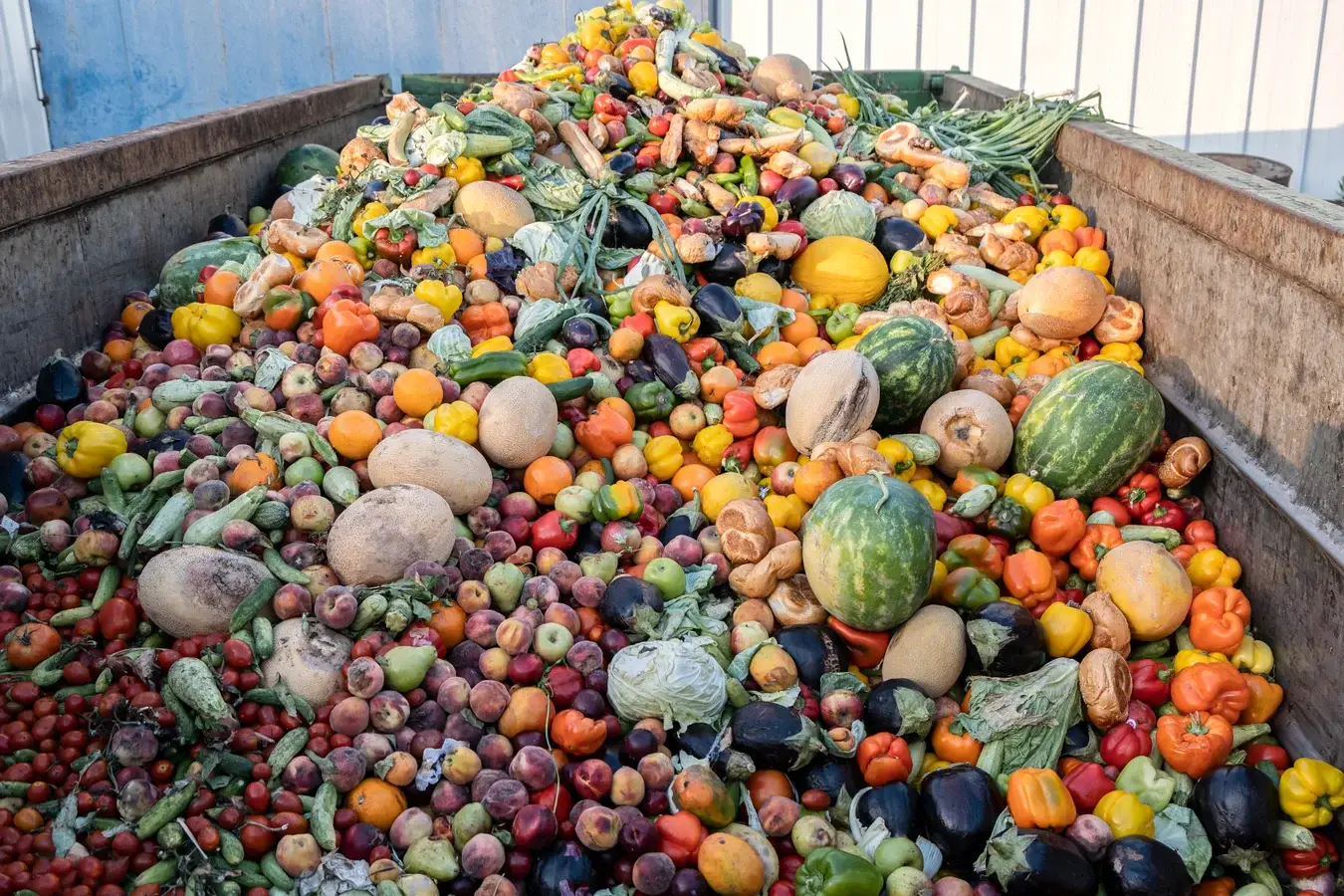These seven questions can predict how wise you are
UCSD researchers developed a concise scale consisting of seven items that can accurately determine an individual’s level of wisdom.

[May. 5, 2023: JD Shavit, The Brighter Side of News]
A concise scale consisting of seven items can accurately determine an individual's level of wisdom. (CREDIT: Creative Commons)
According to a report from the University of California San Diego School of Medicine, a concise scale consisting of seven items can accurately determine an individual's level of wisdom. Wisdom is a personality trait that has been linked to overall well-being and can potentially be modified.
The researchers at the university had previously created the San Diego Wisdom Scale (SD-WISE-28), which comprises 28 items. The SD-WISE-28 has been utilized in various national and international studies, clinical trials, and biological research to assess wisdom.
A study published in International Psychogeriatrics reveals that the shortened seven-item version of the Wisdom Inventory Scale (SD-WISE-7 or Jeste-Thomas Wisdom Index) is a reliable and comparable tool for measuring wisdom. The findings suggest that the brief version of the scale can provide valuable information to assess wisdom in research.
According to Dilip V. Jeste, MD, senior author of the study and senior associate dean for the Center of Healthy Aging and Distinguished Professor of Psychiatry and Neurosciences at UC San Diego School of Medicine, wisdom measures are increasingly used to investigate the factors that affect mental health and optimal aging. The aim of the study was to examine whether a list of only seven items could provide useful information to evaluate wisdom.
Related News
Previous research has indicated that wisdom is composed of seven key elements, namely: introspection, pro-social behaviors (such as empathy, compassion, and altruism), emotional management, openness to diverse perspectives, decisiveness, social guidance (such as providing sound and practical advice to others), and spirituality.
A recent survey conducted via the online crowdsourcing platform Amazon Mechanical Turk involved 2,093 participants aged between 20 and 82 years old.
The seven statements, selected from SD-WISE-28, relate to the seven components of wisdom and are rated on a 1 to 5 scale, from strongly disagree to strongly agree.
The seven statements included within the SD-WISE 7 are:
I remain calm under pressure
I avoid self-reflection
I enjoy being exposed to diverse viewpoints
I tend to postpone making major decisions as long as I can
I often don't know what to tell people when they come to me for advice
My spiritual belief gives me inner strength
I avoid situations where I know my help will be needed
“Shorter doesn’t mean less valid,” said Jeste. “We selected the right type of questions to get important information that not only contributes to the advancement of science but also supports our previous data that wisdom correlates with health and longevity.”
Furthermore, there was a robust and affirmative correlation observed between the SD-WISE-7 and resilience, happiness, and mental well-being. Conversely, a significant and negative correlation was identified between the SD-WISE-7 and loneliness, depression, and anxiety.
Past studies have shown that wisdom is comprised of seven components including compassion. (CREDIT: Creative Commons)
“There are evidence-based interventions to increase levels of specific components of wisdom, which would help reduce loneliness and promote overall well-being,” said Jeste.
“Like the COVID-19 vaccine protects us from the novel coronavirus, wisdom can aid in protecting us from loneliness. Thus, we can potentially help end a behavioral pandemic of loneliness, suicides and opioid abuse that has been going on for the last 20 years.”
Like the COVID-19 vaccine protects us from the novel coronavirus, wisdom can aid in protecting us from loneliness. (CREDIT: Creative Commons)
To further evaluate wisdom and its association with mental, physical, and cognitive health across different age groups, extensive research involving diverse populations is required. Genetic, biological, psychosocial, and cultural factors need to be studied to gain a comprehensive understanding of wisdom.
According to Jeste, since wisdom is essential for living a fulfilling life, it is crucial to develop a quick and efficient method to assess it. He suggests that the list of questions they have created can be used in clinical practice to assist individuals in need.
Co-authors include: Michael Thomas with Colorado State University; and Barton Palmer, Ellen Lee, Jinyuan Liu, Rebecca Daly and Xin Tu, all with UC San Diego.
For more science and technology news stories check out our New Discoveries section at The Brighter Side of News.
Note: Materials provided above by The Brighter Side of News. Content may be edited for style and length.
Like these kind of feel good stories? Get the Brighter Side of News' newsletter.



